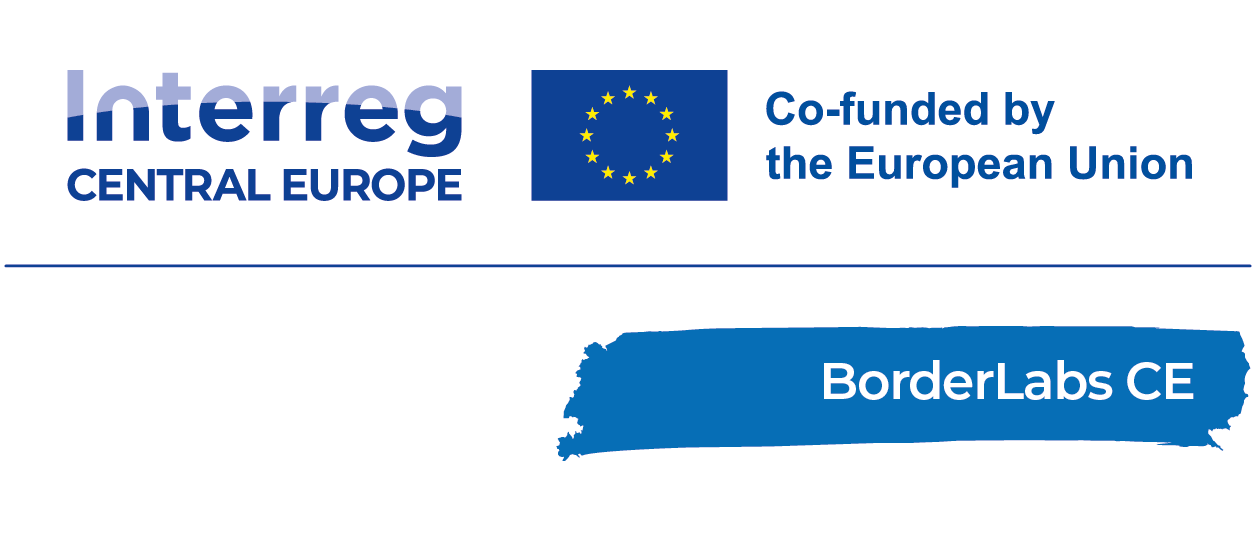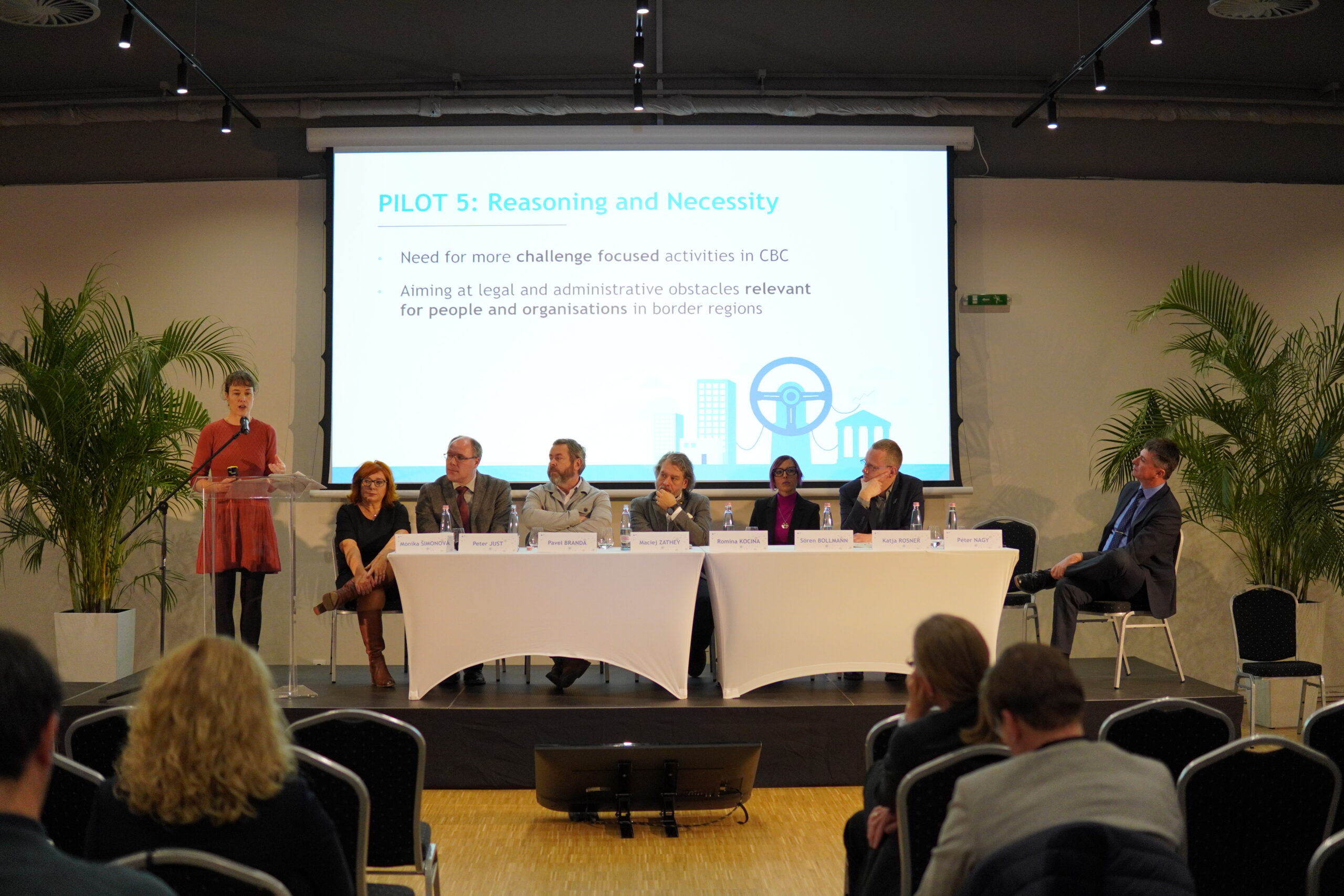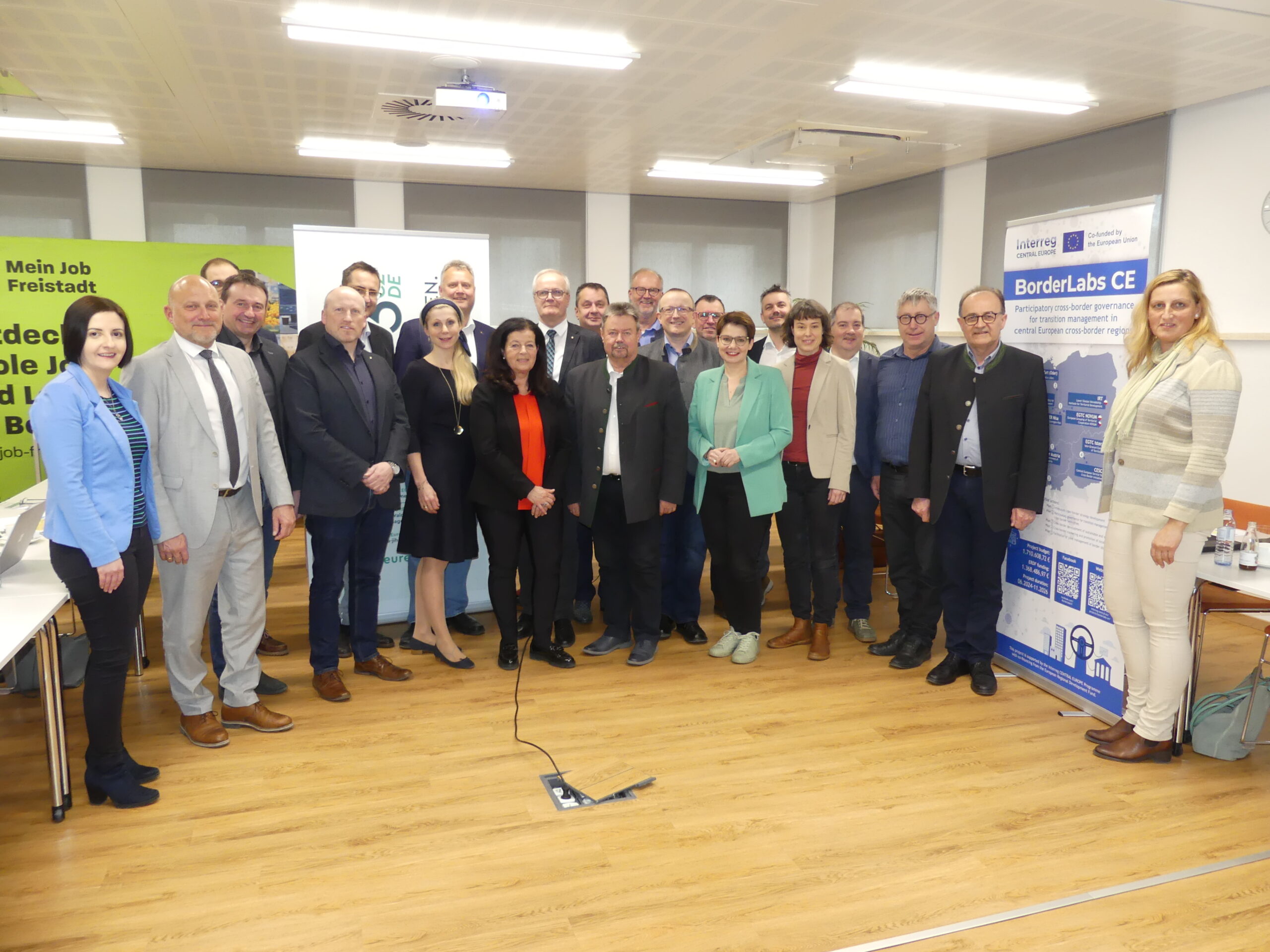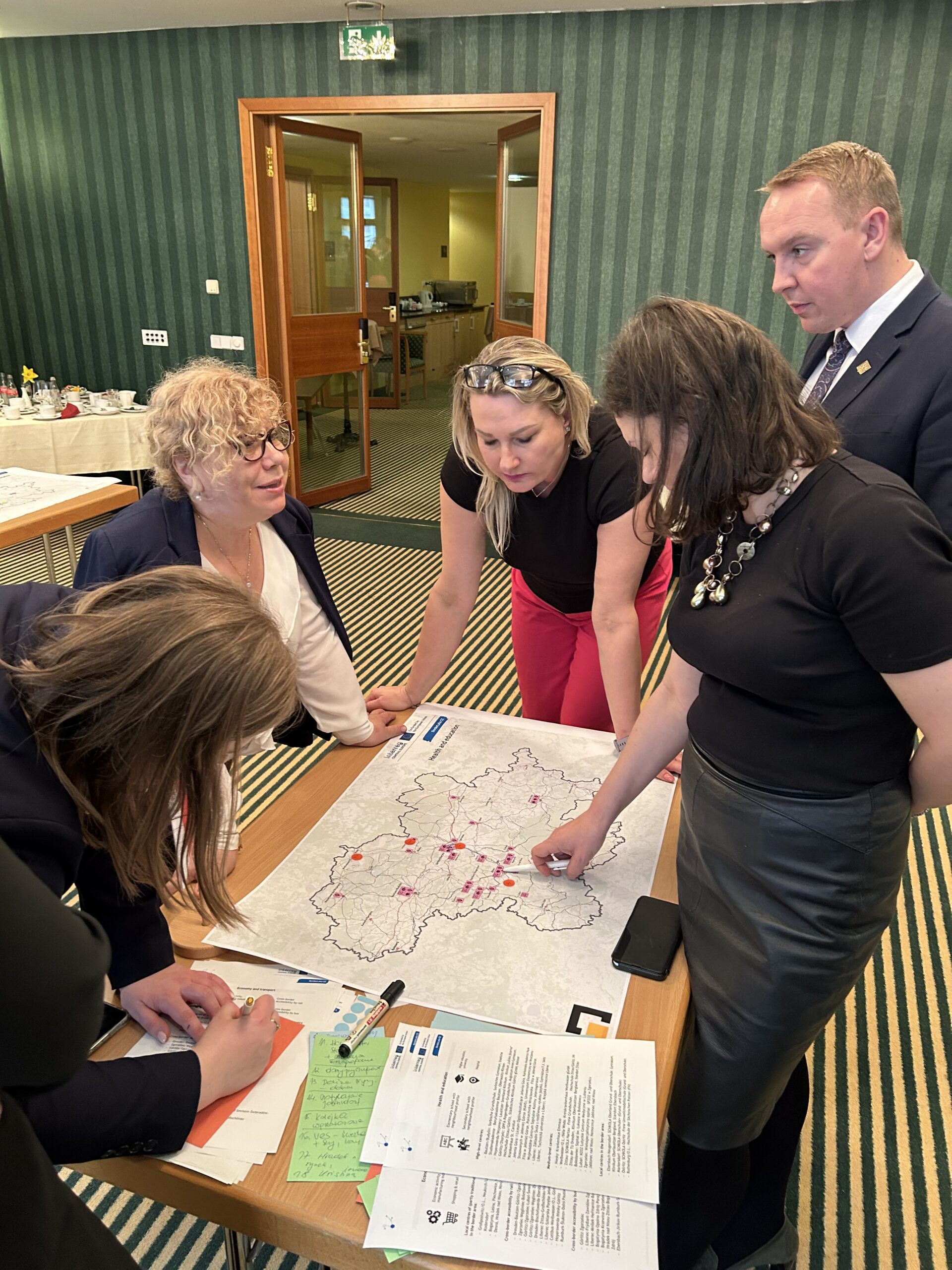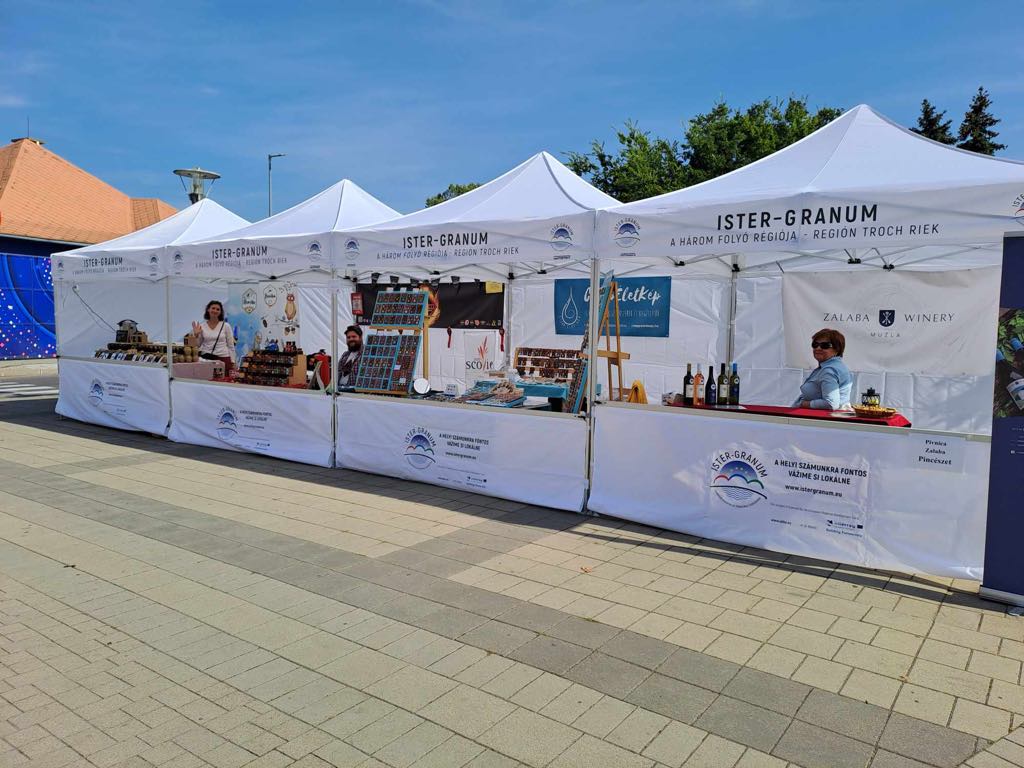Project overview
Participatory cross-border governance for transition management in central European cross-border regions
Thanks to EU integration, borders across countries have been softening - but public administration and policies still do not sufficiently address the needs of cross-border communities. The project BorderLabs CE will change this by improving public capacities for participatory cross-border cooperation. Partners from six countries jointly develop and pilot new governance models and solutions for integrated cross-border strategy development. They also investigate new approaches to participatory governance, the cross-border development of sustainable tourism, the cross-border marketing of local products, and the reduction of border obstacles.
-
1,71m €
-
Project Budget
-
80%
-
of the Budget is funded by ERDF
-
6
-
Countries
-
8
-
Regions
-
9
-
Partners
-
5
-
Pilots
Duration
Start date
End date
Project progress
Project partnership
Project partners

Lead partner
Saxon State Ministry for Regional Development
European spatial planning, regional development
01307 Dresden
Project partner
Office
Department IV / Cooperation Center
Office
Office
Department for Spatial Planning
Roadmap
Vision

Activate the knowledge and enhance the capacity for participatory cross-border cooperation governance in central Europe through coordinated approaches and co-learning processes to make step towards more integrated cross-border areas.
Obstacle to tackle

Public administration and policies are not yet sufficiently addressing the needs of cross-border communities: Public services and territorial development are rarely designed and offered in an integrated way, legal obstacles impede cross-border public services.
Step-by-step approach

1) develop a multimedia learning platform 2) elaborate joint strategy framework for transition of the Three-Country Area (Germany, Poland, the Czech Republic) 3) prepare joint action framework for participatory governance and community dialogue in cross-border twin cities – City of Frankfurt (Oder) 4) develop consolidated model for cross-border development of sustainable and slow tourism 5) create a cross-border local product network supporting short supply chains in the Ister Granum region (Hungary-Slovakia cross-border area) 6) active stakeholder involvement to gain applicable knowledge on how to reduce border obstacles
Solution

1) spread the practices of cross-border strategic planning via multimedia learnig platform 2) enhanced cross-border participatory governance by community involvement 3) model for cross-border development of sustainable tourism 4) strengthened cross-border local product network 5) joint management of cross-border obstacles
News
Events
Pilot actions
Outputs

Multimedia learning platform

Charter for participatory cross-border cooperation governance in Central Europe
BorderLabs CE
The project lead partner is responsible for the content of this project website.

